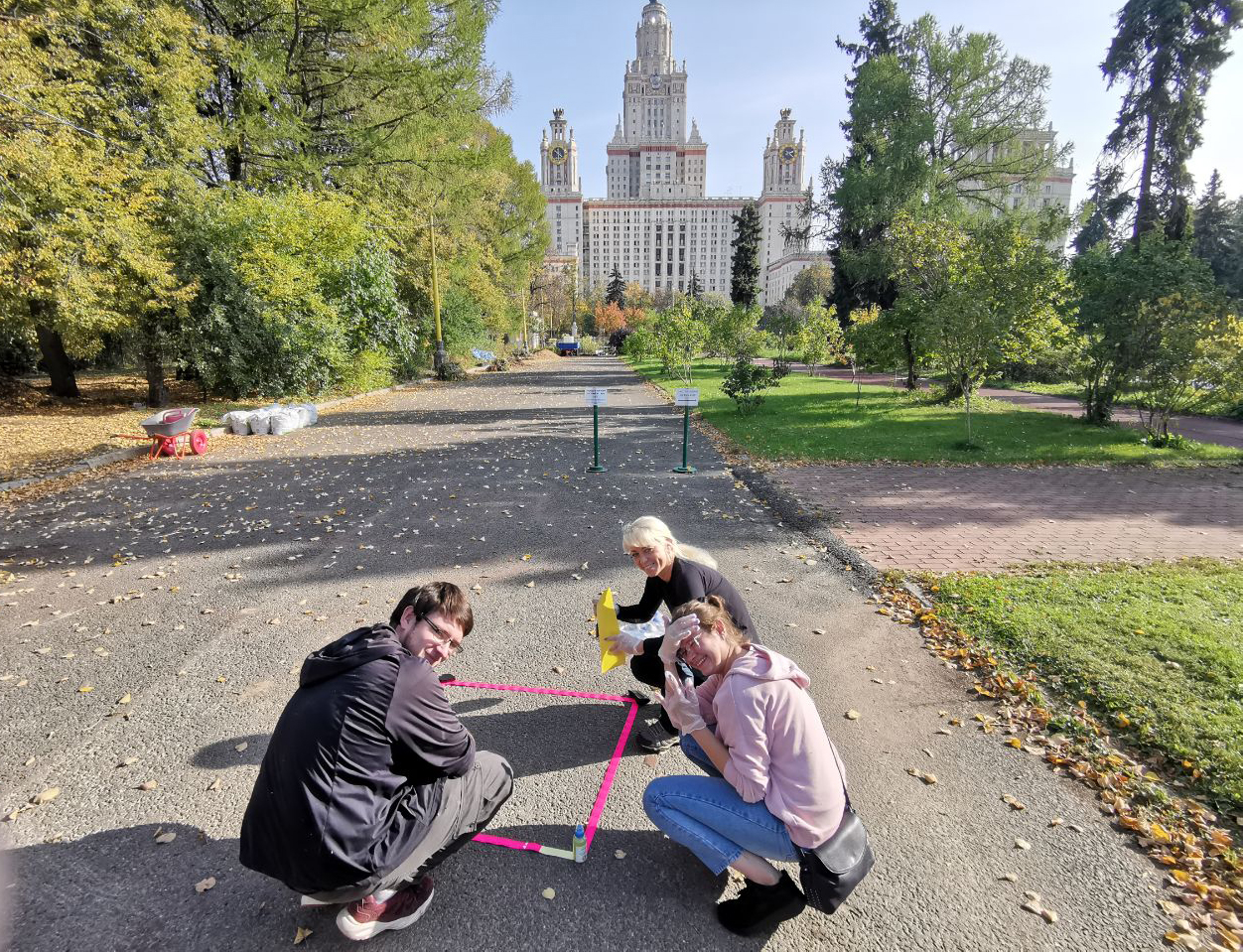Airborne fine dust particles (FD) are recognized as one of the most harmful pollutants to human health. The size of fine dust determines their ability to penetrate the human body, and particles less than 10 microns in size are recognized as the most dangerous. At the same time, the causes of FD toxicity are still insufficiently studied. For example, the relationship between mortality from COVID-19 and the concentration of FD in the air was shown. However, it is still not clear whether fine dust is a direct vector carrier of the virus or only exacerbates the susceptibility of the human body to the virus.
Riccardo Valentini gave a lecture to managers from 100 Russian cities
Prof. Riccardo Valentini, the head of Smart Urban Nature Lab opened the Module 6: Urban ecology of an educational program Master of Public Administration by giving a lecture “Urban Health and Green Infrastructures”.
Participants of this program, organized by SKOLKOVO Moscow School of Management, are 500 managers from 100 largest cities in Russia: mayors, deputy mayors, deputy heads of the region, chief architects. The main objective of the program is to to form leaders who will act as drivers of the development of Russian cities.


